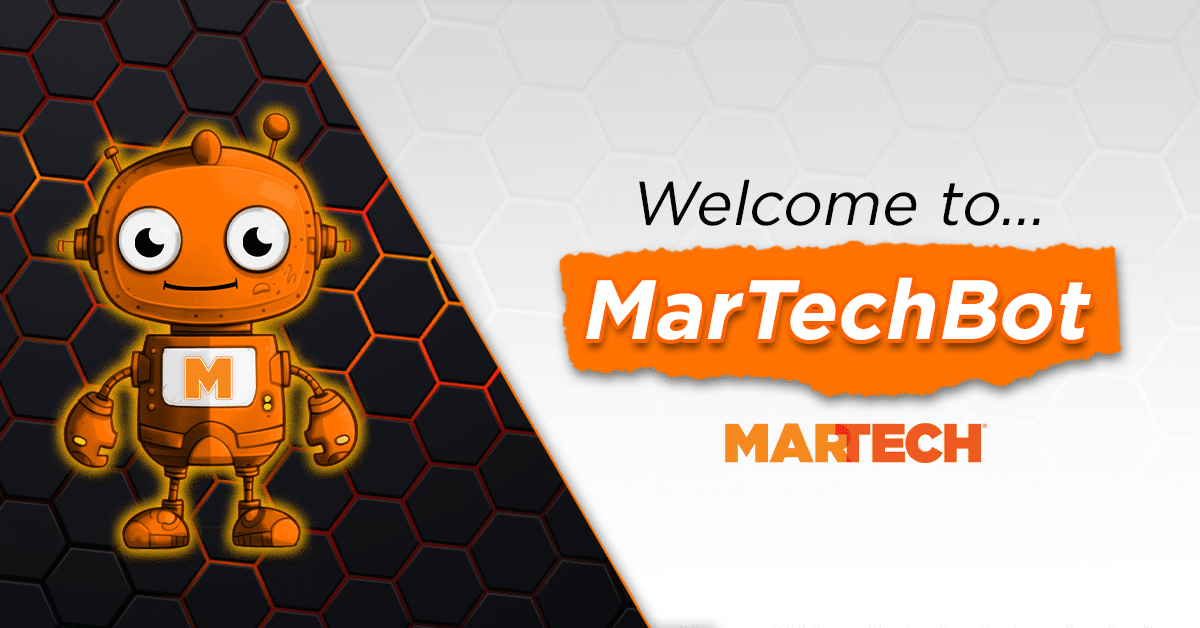
Artificial Intelligence (AI) is growing rapidly in all sectors, including healthcare. AI has been critical in diagnosing, decision-making, and treating chronic disease management and prevention, particularly in cancer research. Researchers are finding new ways to utilize the capabilities of AI in the healthcare field. Researchers use AI, Machine Learning, and Deep Learning to improve cancer care and patient outcomes.
The emergence of high-performance computers has accelerated the advancement of technologies in the healthcare sector in recent years. AI and machine learning (ML) is utilized to develop an array of tools for cancer imaging. AI and ML are rapidly transforming the scientific landscape by creating several machines and tools that can work with or without human intervention.
How AI and ML Help in Cancer Treatment?
If AI technology is integrated into cancer care, it could improve the accuracy and speed of diagnosis, leading to better health outcomes. AI-guided clinical care plays a vital role in reducing health disparities, especially in low-resource settings. In some cases, AI has helped accurately detect and diagnose different kinds of cancer by analyzing tissue scans better than pathologists.
Machine learning employs various statistical, probabilistic, and optimization techniques enabling computers to learn from past examples and detect hard-to-discern patterns from complex data sets. Such a capability is helpful for the medical field, particularly those applications that depend on complex detection. The digitized domains in healthcare, such as imaging, are adopting AI and ML to benefit from the technology while working efficiently.
- Improves Cancer Screening and Diagnosis
AI helps in several ways when it comes to cancer. One such way is the screening and diagnosis of the deadly disease. Many research institutes are leveraging the capabilities of AI and its subsets, including ML and deep learning, to improve cancer screening for various kinds of cancer. Researchers utilize ML and deep learning approaches to automate cancer detection from digital images.
- Helps Genomic Characterization of Cancerous Tumors
Instead of using traditional genomic sequencing, several AI methods can help identify specific gene mutations from tumor pathology images. AI can analyze the pathology images and allow the researchers to distinguish between common cancer sub-types and predict commonly mutated genes from the images. It is mainly a challenging problem to identify mutations using noninvasive techniques. However, with the current advancement in the field of AI and ML, it may be easier to identify gene mutations in innovative ways with the help of these technologies.
- Accelerates Drug Discovery
Research is going on to identify novel approaches for creating new drugs for cancer treatment, and scientists are utilizing the power of AI in multiple ways for the same. As discussed earlier, gene mutations are complex, and AI tools can help us identify the issues related to them to uncover cancer treatment. Therefore, identifying such complicated procedures can help researchers work on new drugs to combat the disease.
- Improves Cancer Surveillance
Real-time AI application to population-based cancer data is intended to revolutionize cancer treatment. Researchers are working on deep learning algorithms to automatically extract tumor traits from pathology reports, saving countless hours of human processing. This will make it easier for us to comprehend how new diagnostic techniques, therapies, and other elements impact patient outcomes. Additionally, real-time data analysis will make it possible to connect newly diagnosed patients with clinical studies that might be helpful to them.
Final Thought
There is a lot of promise in the future uses of AI in cancer research and therapy. In order to take advantage of these prospects, investments will need to be increased, and some obstacles will need to be addressed. The use of AI in cancer research and treatment is still in its infancy. Instead of using those procedures in clinical practice, most research focuses on developing new ways.
Nevertheless, it is clear that incorporating multidimensional heterogeneous data, together with various feature selection and classification algorithms, can develop useful AI tools for inference in the cancer domain.
Join ONPASSIVE Ecosystem and register to get the benefits of the free AI tools. Visit www.onpassive.com for more tech updates.







































































